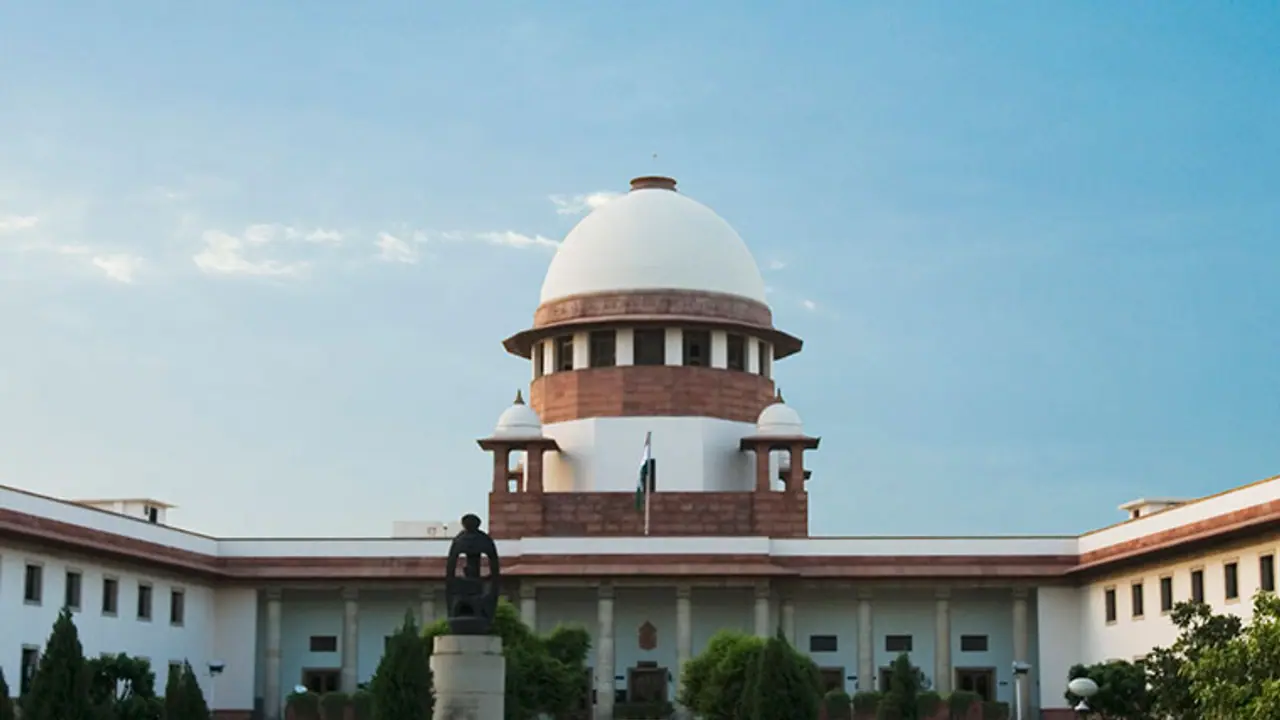Children cannot be expected to walk long distances to attend school, says Supreme Court Upper primary schools must be made in such a manner that no child has to walk 3 kilometres or more only to attend school Children in the age group of 10 to 14 years cannot be expected to walk 3 kilometres or more to attend school
In a crucial verdict, the Supreme Court of India said that children cannot be expected to walk three or more kilometres to attend school. The court said that to make the right of education meaningful, efforts should be made to have upper primary schools in such a manner that no children have to walk such a distance only to attend schools.

The apex court gave the order while dealing with a matter in which permission granted to a school to upgrade itself was opposed by a nearby school in Kerala, which has the highest literacy rate in the country.
A bench of Justices Madan B Lokur and Deepak Gupta noted that students who have passed Class IV in a junior primary school based in Parappanangadi town, have to travel a distance of 3-4 or more kilometres to attend classes.
"We cannot expect children in the age group of 10 to 14 years to walk 3 kilometres or more to attend school. The right of education up to the age of 14 years is now a fundamental right under article 21A of the Constitution, and if this right is to be meaningful, then efforts must be made to open upper primary schools in such a manner that no child has to walk 3 kilometres or more only to attend school," the bench said.
The school was upgraded to the level of upper primary school and permitted to run from Class V to VIII also by the state government in June 2015.
The state's order was challenged before the High Court by another school which claimed that the procedure prescribed under the Kerala Education Rules, 1959 were not followed and no notice was given to schools in the vicinity to raise any objection with regard to the up gradation.
A single judge of the High Court had allowed the plea filed by the school and set aside the states order on the ground that the procedure prescribed under the Act was not followed.
It, however, had allowed the junior primary school to permit students already admitted to continuing their education until the next academic year and said that it would be open for the government to take a fresh decision on the matter.
The junior primary school had challenged the order before a division bench of the High Court which dismissed its plea.
The school then moved the apex court, and its counsel told the bench that the government had taken a conscious decision to give relaxation in its favour and exempt it from certain provisions of the Act and it was then upgraded to an upper primary school from the academic year 2015-2016.
The apex court, while setting aside the High Courts orders, said no other school was situated at a distance of fewer than three kilometres from the junior primary school.
